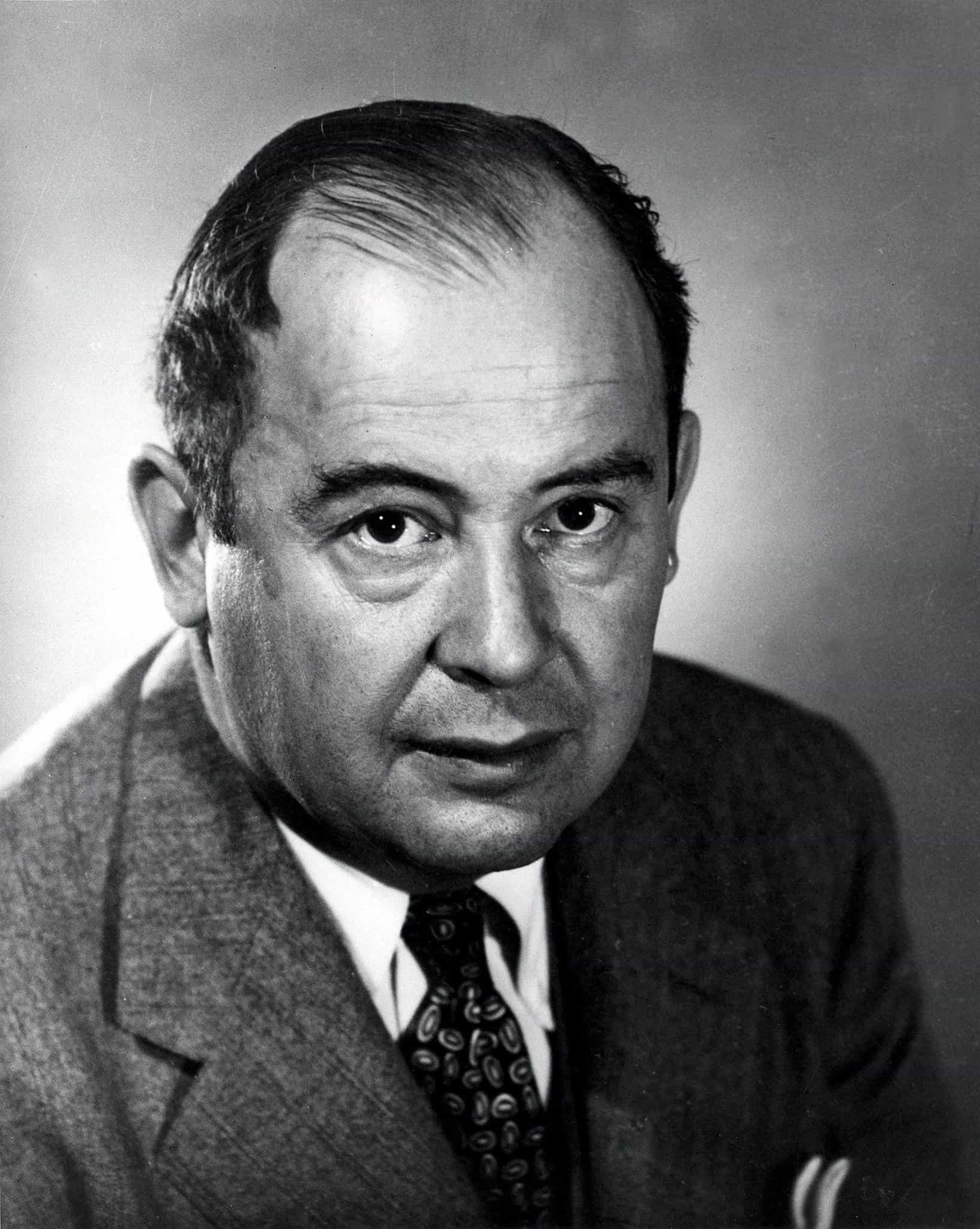In this section will be examined some people who have only a theoretical, but nevertheless rather important, place in the history of computers. The modern computer is far ahead of the initial idea of a powerful machine, that can carry out billions of arithmetical operations at lightning-fast speed. Computers are powerful because they are able to carry out long and complex sequences of logical as well as arithmetical operations and modify these sequences according to the information, presented to them, without any direct intervention, i.e. they can make logical decisions. It was as late as after WWII when it became apparent, that general-purpose stored-program computers could achieve the same results as any of the special-purpose logic machines.
We have mentioned already some people, who dreamed of a logic machine centuries ago (Ramon Llull Athanasius Kircher and Gottfried Leibniz). The logic machines described here did not have any practical significance and were occasionally used as didactic aids, so their chief importance was theoretical, nevertheless, they demonstrated that logical processes could be mechanized and reinforced the relationship between logic and computing.
| Charles Stanhope | Semyon Korsakov |
| Alfred Smee | George Boole |
| Ada Lovelace | William Jevons |
| Charles Peirce and Allan Marquand | Norbert Wiener |
| Alan Turing | John von Neumann |
| Claude Shannon | Alonzo Church |
| Arthur Samuel |
The image featured at the top of this post is ©ENERGY.GOV, Public domain, via Wikimedia Commons – License / Original
